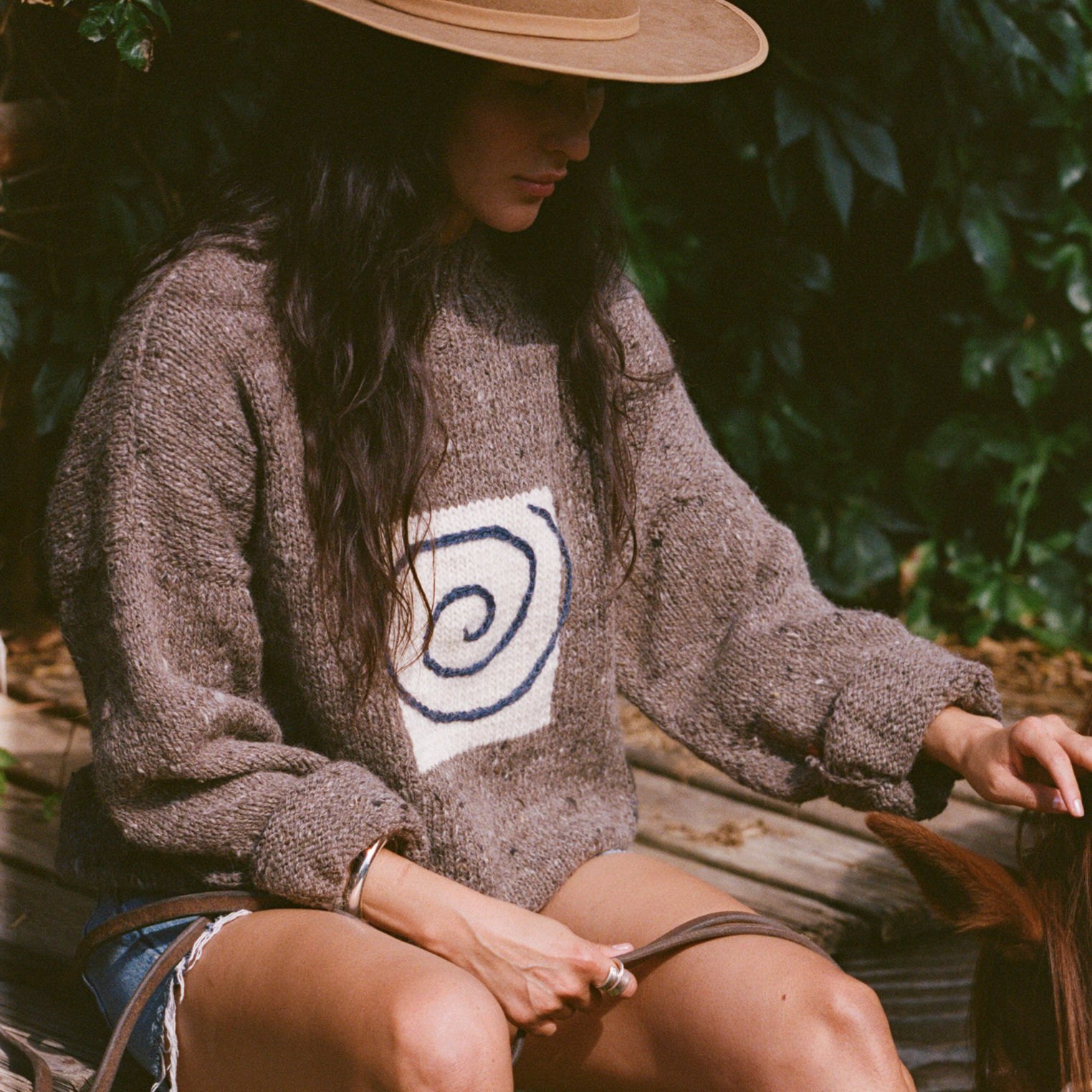Before there was plastic, there was cabuya.
For centuries, people used the sturdy, natural fiber from Ecuador’s cabuya plants to weave rope, shopping bags, hats and other crafts. Now, the eco-friendly fiber has largely been replaced by plastic and other synthetic materials.
“We’ve been making products from cabuya for more than 20 years,” says Transito, one of the 15 women of The Floras de Choco, Minga's artisan partners. The all-women artisan cooperative uses the cabuya fiber that grows near their homes in the cloud forest and rural lands of Intag, Ecuador to weave works of art.

By working with cabuya, The Floras de Choco connect with nature surrounding their homes in the foothills of northern Ecuador and through the Intag valley. And their products, made sans plastic, stay true to keeping their home pristine.
“The bags from cabuya are much better for the environment and there’s no contamination,” she says.
Our talented group of artisans represent some of the last communities still using this age-old method. Transito and her fellow artisans use the technique to craft bags, like the Carmen Knotted Crossbody, and our summer favorite, Minga’s bucket hat.

But let’s backup. The story of our products starts in the Andean region of Ecuador with the fronds of a penca -- a large, white agave, native to the area.
After our artisan partners find one, they use a machete to deleave the penca and put it through a machine to extract the plant’s string-like fiber.
Transito and her team then must wash the tangled, sticky fiber, before drying it and finally straightening it with a large comb.


Using a foot-powered spinning machine, the artisans slowly turn the cabuya fiber into workable thread.
Next, comes the color. Our artisans handpick plants, native to their home, to create the chemical-free dye blends. Inside their homes, they cook the cabuya fiber over fire and let the strands soak overnight for a deep, all-natural, earth-toned shade.
The colorful strands must now dry out in the sun for one last time. Our artisans roll the fiber into a ball so it is more manageable during the creation stage. Using unique designs, The Floras de Choco crochet slip-knot loops row by row.


Finally, once the bag is complete, the women pass it along to another team of Ecuadorian artisans: The Leathersmiths. This small, family-run business adds a vegetable-tanned cow leather to the bag as a finishing touch that will soften over time.
We're so excited for the chance to support and highlight this traditional craft and the team of artisans who practice it. We invite you to shop our heirloom hats and bags to join us in supporting a sustainable alternative to plastics - natural fibers.
Written by Olivia Prentzel



